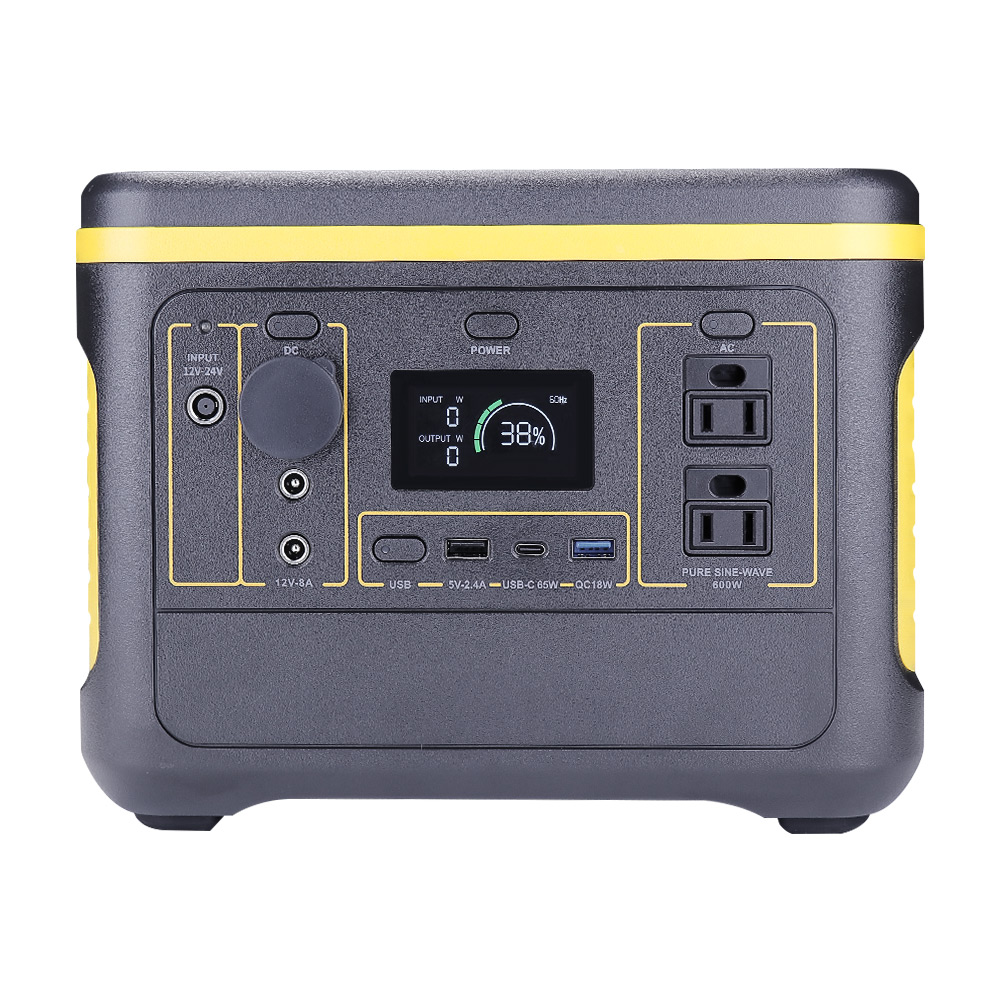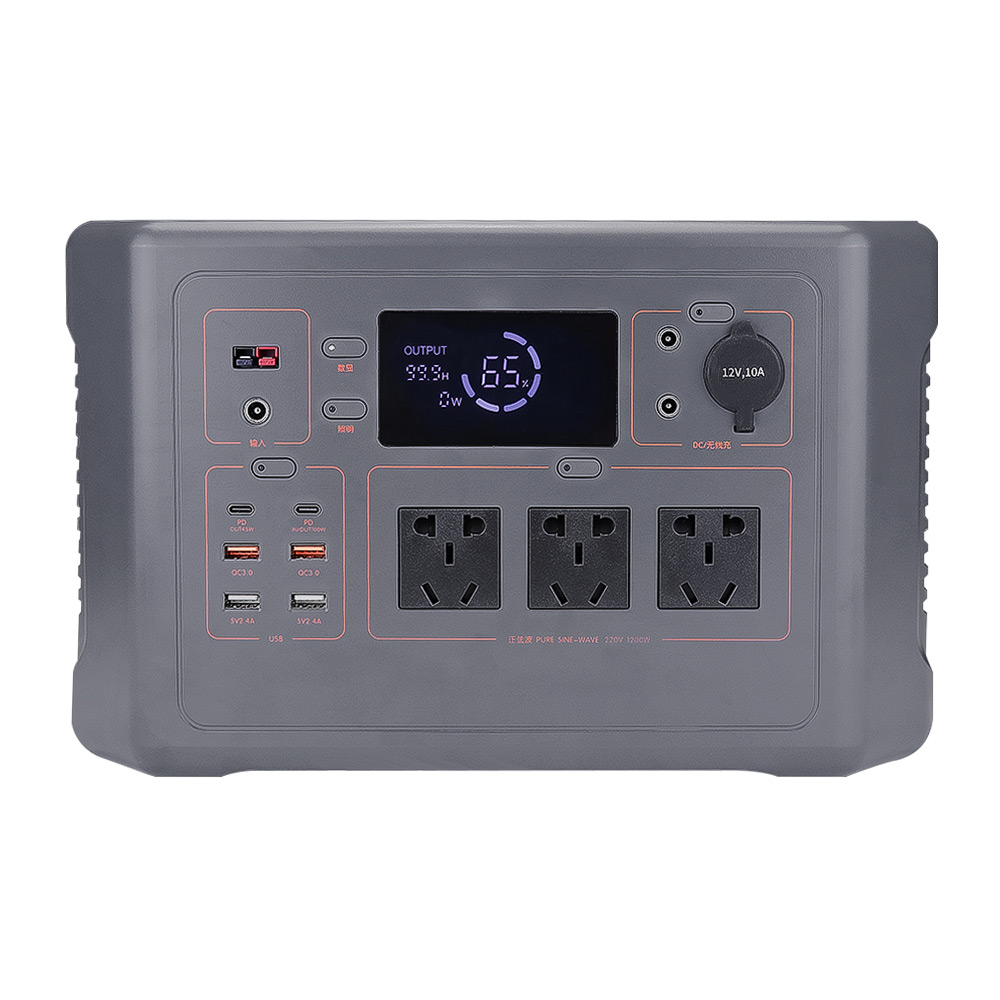Solar Power Generators vs. Gas Ones: Which Is For Camping?
Camping is a great way to disconnect from the hustle and bustle of daily life and enjoy nature. However, it doesn’t mean that you have to disconnect from modern technology as well.
In fact, camping can be enhanced by having a reliable source of power to charge your electronic devices, run your appliances, and provide some comfort during your trip. Two popular options for camping power are solar power generators and gas ones.
In this article, we’ll discuss the pros and cons of each option and help you choose which one is best for your camping needs.
Solar Power Generators and Gas Ones For Camping:
Before we dive into the details of each option, let’s first clarify what we mean by solar power generators and gas ones for camping. Solar power generators are portable devices that convert sunlight into electrical energy and store it in a battery for later use.
They usually consist of solar panels, an inverter, and a battery pack, and they can be charged by sunlight or a wall socket. Gas generators, on the other hand, are machines that burn gasoline or propane to generate electricity. They usually consist of an engine, an alternator, and a fuel tank, and they can be refueled like a car.
Both solar power generators and gas ones have their own advantages and disadvantages for camping. Solar power generators are eco-friendly, quiet, and low-maintenance, but they require sunlight and may have limited capacity.
Gas generators are powerful, versatile, and easy to refuel, but they are noisy, polluting, and expensive in the long run. Let’s explore these factors in more detail.
Solar Power Generators for Camping: Benefits and Drawbacks
Solar power generators can be a great option for camping if you prioritize eco-friendliness, cost savings, and noise reduction. Here are some benefits and drawbacks to consider:

Benefits:
- Eco-friendliness: Solar power generatorsuse clean and renewable energy from the sun, which doesn’t produce greenhouse gas emissions or contribute to climate change.
- Cost savings: Solar power generators don’t require fuel or frequent maintenance, which can save you money in the long run compared to gas generators.
- Noise reduction: Solar power generators are silent in operation, which means you can enjoy the peacefulness of nature without any noise pollution.
Drawbacks:
- Weather dependence: Solar power generators require direct sunlight to charge, which means they may not be reliable in cloudy or rainy conditions.
- Limited capacity: Solar power generators have a finite amount of energy stored in their batteries, which means they may not be able to power high-demand devices or run for a long time without recharging.
- Initial cost: Solar power generators can be expensive upfront, especially if you want a high-capacity or portable model.
Gas Generators for Camping: Advantages and Disadvantages
Gas generators can be a reliable and powerful option for camping if you prioritize high power output, versatility, and reliability. Here are some advantages and disadvantages to consider:
Advantages:
- High power output: Gas generators can provide a high amount of electricity, which means they can power multiple devices or run for a long time without refueling.
- Versatility: Gas generators can be used for a variety of purposes, such as camping, RVing, tailgating, and emergency backup power.
- Reliability: Gas generators are generally robust and easy to operate, which means they can handle rough conditions and frequent use.
Disadvantages:
- Noise pollution: Gas generators can be very loud in operation, which means they can disturb the peace and quiet of the camping site and annoy other campers.
- Air pollution: Gas generators emit harmful pollutants, such as carbon monoxide, nitrogen oxides, and particulate matter, which can cause health problems and contribute to air quality issues.
- Fuel costs: Gas generators require fuel, which can be expensive and inconvenient to obtain in remote camping sites.
Factors To Consider When Choosing Between Solar Power Generators And Gas Ones for Camping:
Now that you have a better understanding of the pros and cons of solar power generators and gas ones for camping, it’s time to decide which option is best for your needs. Here are some factors to consider when making your decision:
Power needs:
How much power do you need for your camping trip and what devices do you want to charge or operate? If you only need to charge a few phones and a laptop, a solar power generator with a small capacity may be sufficient. However, if you need to power a fridge, a TV, or a power tool, a solar generator with a high power output may be necessary.
Environment:
What are the weather and sunlight conditions at your camping site and how will they affect the performance of your generator? If you’re camping in a sunny and dry climate, a solar power generator may work well. However, if you’re camping in a cloudy or rainy climate, a gas generator may be more reliable.
However, if you only have the budget to buy one generator, we recommend you buy CIFIV’s solar power generators. Because it’s affordable and powerful. Moreover, you can get more power supply by charging it in advance. Before camping or going out, you can also pay attention to the weather conditions to help you get more convenience.

Cost:
How much are you willing to spend on a generator and how much do you want to save in the long run? Solar power generators may be more expensive upfront, but they don’t require fuel or frequent maintenance.
Gas generators may be cheaper upfront, but they require fuel and regular maintenance, which can add up in the long run.
However, solar power generators have more potential benefits in the long run. It comes from almost unlimited solar energy and can be used as camping electricity, home backup power or RV backup power, etc. Its versatility and portability can perform well in many usage scenarios. It is more suitable for living a green lifestyle than noisy gas generators.
Convenience:
How easy is it to transport, set up, and use the generator, and how much maintenance does it require? Solar power generators are generally lightweight and portable, but they require sunlight and may have limited capacity.
In this regard, gas generators generally have a heavier weight, making them difficult for you to transport. This can be even more costly if you want to take it far away.
Final words: Which Is the Best Choice for Your Camping Needs?
In conclusion, the choice between solar power generators and gas ones for camping depends on your priorities, preferences, and budget.
If you prioritize eco-friendliness, cost savings, and noise reduction, a solar power generator may be the best option for you.
If you prioritize high power output, versatility, and reliability, a gas generator may be the best option for you.
However, it’s important to consider the factors mentioned above and make an informed decision based on your specific needs. With the right generator, you can enjoy a comfortable and connected camping experience without compromising the beauty of nature.



